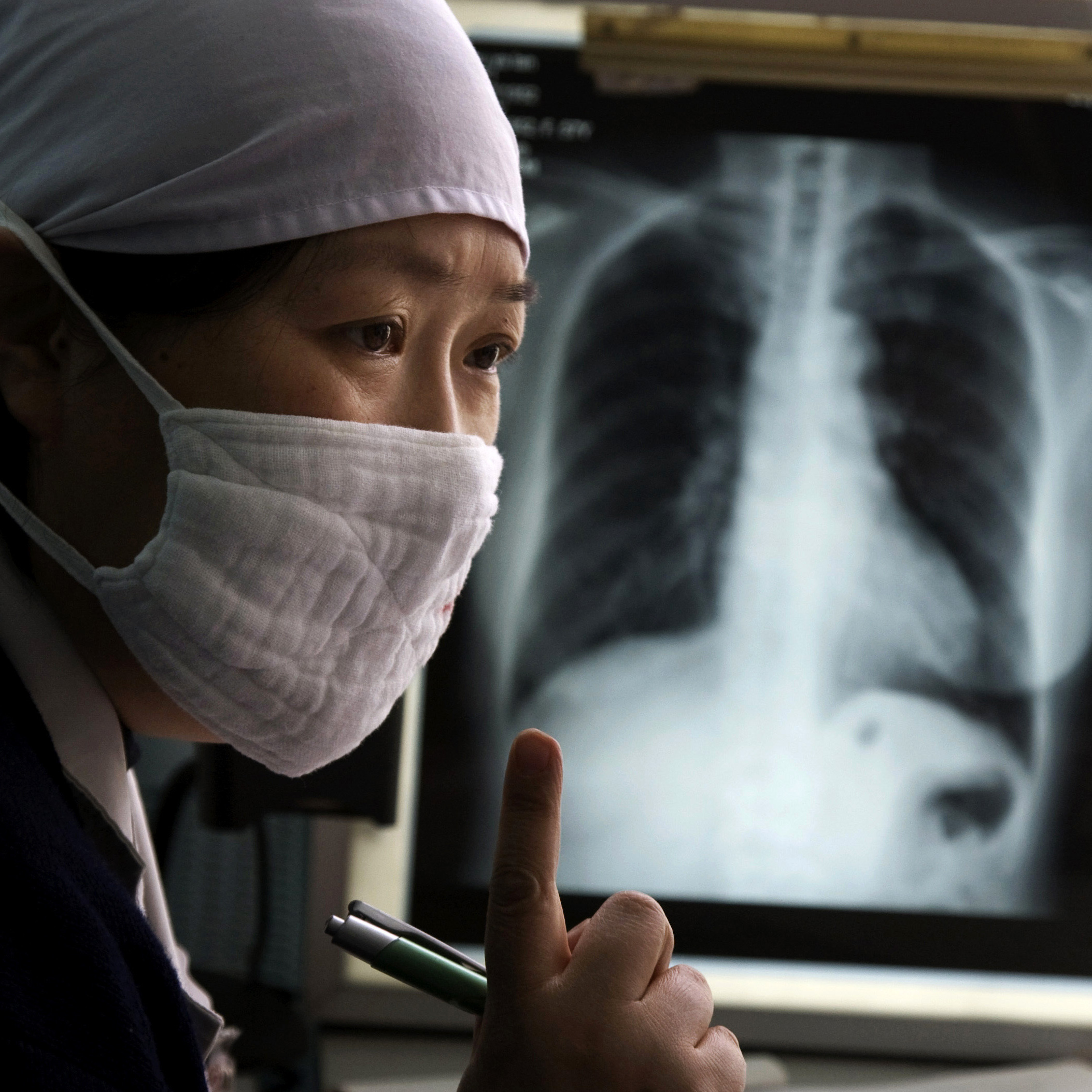The last month has been really productive (read exhausting), fun, sad, interesting and frustrating but mostly wonderful and rewarding. I was working in a district hospital in Port Shepstone about an hour or so south of Durban on the beautiful Indian Ocean. The hours have been long but well worth it.
I now have collected data on more than 700 healthcare workers and still counting. After reading through so many records – which makes me feel a bit like a voyeur –
my next study will be on obesity and hypertension in healthcare workers. Almost every file read “↑ BMI, refer to dietician”. It never ceases to amaze me how nurses take such poor care of their own health.
 I’ve learned a lot about occupational health records and been both pleasantly surprised and disappointed in the quality. To date I have identified more than 100 cases of TB (mostly in nursing staff) among healthcare workers that were reported to the hospitals’ occupational health clinics and about 12 of these healthcare workers have died of TB. A nurse died at the hospital in Port Shepstone while I was there and the hospital where I am now had a memorial service yesterday for a paramedic who died of MDR-TB. Stories like these just make me want to work twice as hard on this study. TB kills about 2 million people annually worldwide and is the leading cause of death due to natural causes in South Africa. In this province alone, TB accounts for about 20% of all deaths due to natural causes – more than any other cause. There is very little active TB in the US but here and in many other parts of the world it is still a huge cause of morbidity and mortality.
I’ve learned a lot about occupational health records and been both pleasantly surprised and disappointed in the quality. To date I have identified more than 100 cases of TB (mostly in nursing staff) among healthcare workers that were reported to the hospitals’ occupational health clinics and about 12 of these healthcare workers have died of TB. A nurse died at the hospital in Port Shepstone while I was there and the hospital where I am now had a memorial service yesterday for a paramedic who died of MDR-TB. Stories like these just make me want to work twice as hard on this study. TB kills about 2 million people annually worldwide and is the leading cause of death due to natural causes in South Africa. In this province alone, TB accounts for about 20% of all deaths due to natural causes – more than any other cause. There is very little active TB in the US but here and in many other parts of the world it is still a huge cause of morbidity and mortality.
On a more positive note I LOVED sitting on my balcony in Port Shepstone and watching the whales put on a show for me at the last place I stayed. There were times when I could see two or three all jumping in different places at the same time. It was a real treat. The whales come north to warmer waters this time of year to have their babies and raise them before heading back to colder waters in a few months.
Last week I helped to facilitate a training of nurses on TB sponsored by the International Council of Nurses (ICN) in Durban. It’s always rewarding to train and empower nurses to improve themselves and to provide better patient-centered care to TB patients. Nurses working in the primary health care clinics and hospitals do so much for TB patients who are often the poorest of the poor and have so many other issues on top of TB. It’s really inspiring to hear their stories and makes me proud to be in the nursing
profession.
This week I arrived at my most rural and remote site near Kosi Bay in northern KwaZulu-Natal. I’m about 5 miles from the Mozambique border on the ocean. It’s a whole other world up here compared to the places I’ve been so far which is one of the things I love about KwaZulu-Natal – it’s so diverse. The town here is really small and you drive through hours of sandy bush to get here. Things are going well at the hospital and I hope I have some time to get out and explore the bay this weekend and may even attempt a trip up to the beach in Mozambique.
I have been really blessed to meet so many wonderful people who have been so kind to me, not least of all the staff in the hospitals that I have been working with. They have really been wonderful and I couldn’t be doing what I’m doing without them. There is no way I can ever repay their kindness.
Another week up here in the bush and then I’m back closer to Durban for my last site. I’m looking forward to finishing data collection but a little sad about it coming to an end as well.
